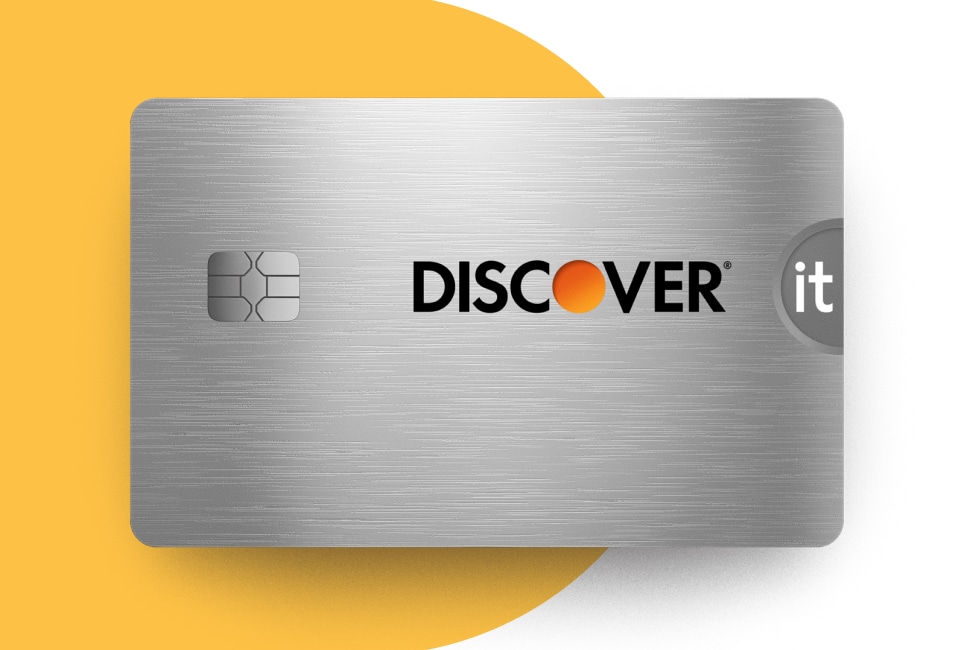
Getting rewarded for doing the things you enjoy feels great. That’s one reason why restaurant reward credit cards are so enticing. But with so many options, how can you know which is the best dining credit card for your needs?
Whether you love gourmet dinners or prefer late-night deliveries, the following tips can help you find the best credit card for you and make the most of your dining purchase.







